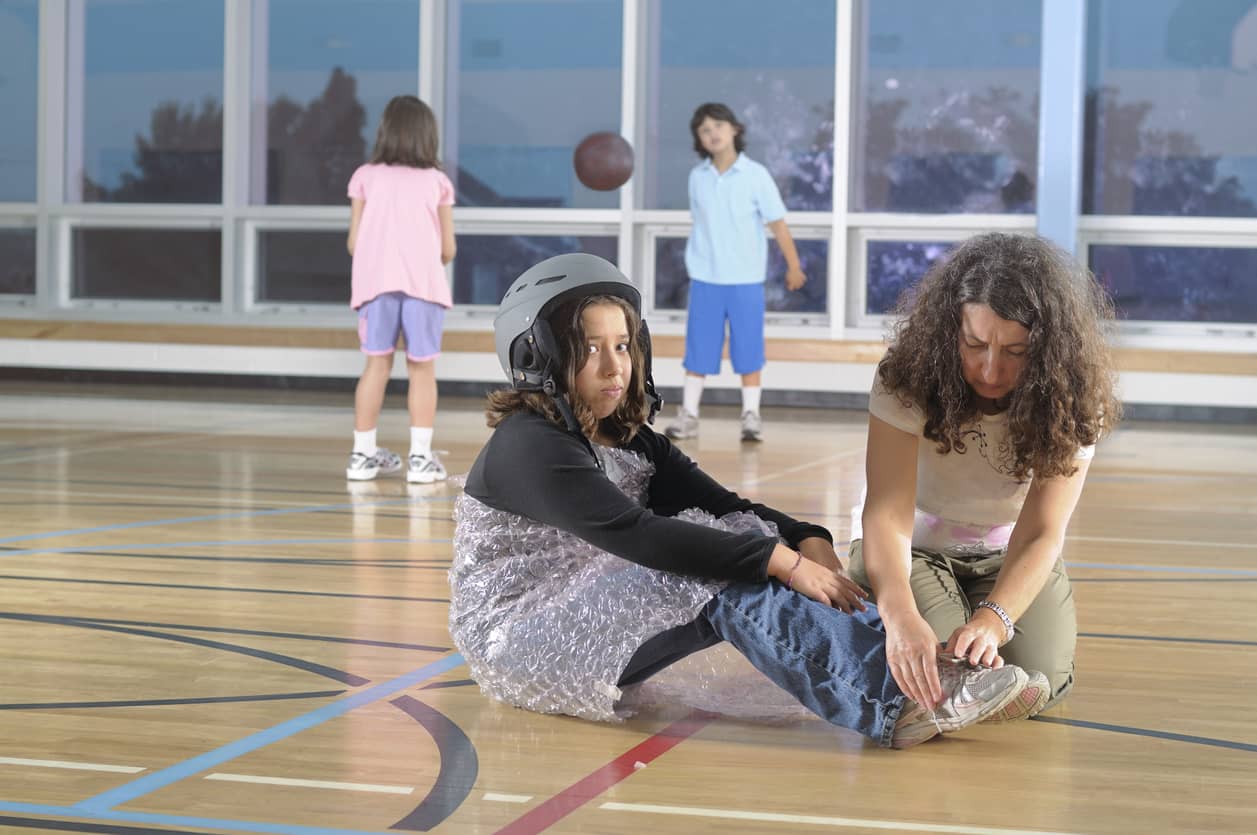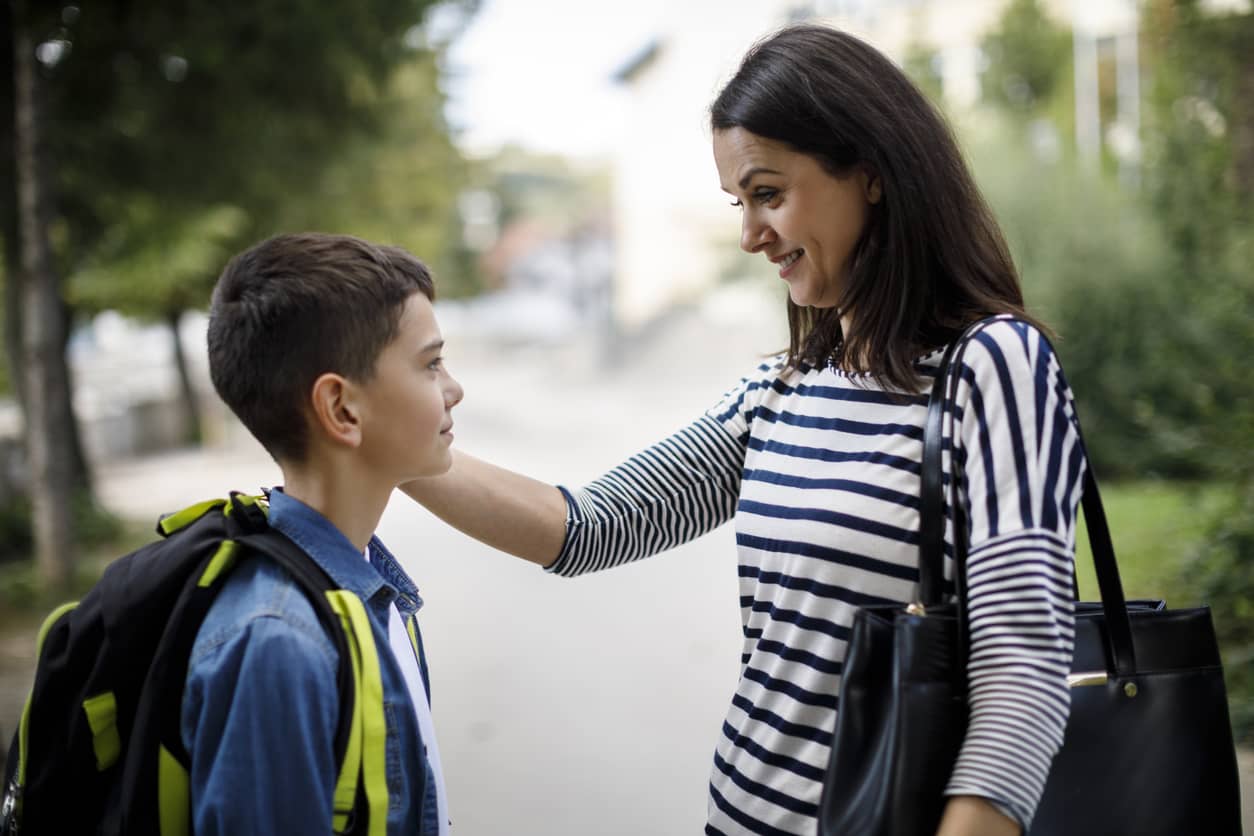From an early age, we’re inundated by the concept of success through television, movies, the music industry, social media, and other people.
But the pressure to succeed doesn’t only affect children. Many parents also feel the strain. Some parents resort to extreme measures to help their children prosper in academic and extracurricular activities.
Estimated reading time: 4 minutes

The Downside of Helicopter Parents and Overprotective Parenting
Helicopter parents hover over their children and try to manage their every move. There are also lawnmower parents who try to mow down every obstacle in their children’s paths to spare them from uncomfortable feelings and disappointments.
Such parents rob their children of the valuable lessons that failure can teach. Rather than see failure as a foe, it’s important for children to grow into adults who recognize failure as a normal part of life.
When handled correctly, failure can help shape a child’s character by compelling them to develop qualities such as patience, persistence, self-confidence, resilience, self-control, focus, and a positive self-image.
Related reading: "Positive Parenting: 3 Parenting Strategies."
What Is Failure?
Failure can be defined as the inability to live up to expectations or meet desired objectives or goals. Many people view it as the opposite of success.
For children, failure may be not receiving the positive outcome they desired, whether it’s earning a low grade on a test, losing a competition, or not making a team.
Due to children’s lack of life experience, failure may seem devastating. That’s why they need adults’ help to put this concept into perspective.
Children need to learn that failure is a natural part of life. It’s not a final, negative outcome, as they may think, but an opportunity to learn and grow into bigger and better things.
According to educational psychologist Michele Borba, “Failure is part of life, and if our children don’t have the opportunity to fail or make mistakes, they’ll never realize they can bounce back. That’s what resilience is all about.”
How Failure Can Benefit Your Child
As a parent, you play an essential role in teaching your child how to handle failure and other disappointments in life. By putting failure into perspective, you can help your child acknowledge it as a learning tool that can strengthen their resolve to do better.
Children need to understand that success isn’t what matters most – what’s most important is the ability to bounce back and take up the challenge to try again. It’s this kind of attitude that will enable your child to face life’s difficulties with confidence in their later years.
Related reading: "What Happens in Your Brain When You Fail?"
5 Ways to Teach Children to Accept Failure as a Natural Part of Life
Here are a few ways to help your child embrace the gift of failure and use it skillfully to their advantage:
1 Encourage Children to Accept Their Failures
Failure is inevitable – at some point, everyone will fail in some aspect of life. By teaching your child to accept and learn from failure, you help them bounce back and become stronger.
Children who fear failure are more prone to failure anxiety, becoming more stressed, and incapable of accepting future challenges. Inability to accept failure can lead to mental and physical problems. A teen who never learned how to deal with hardship, self-regulate, or accept failure as a natural part of life may turn to alcohol or drugs to cope with letdowns and hardships later in life.
Your attitude can influence your child. If you maintain a positive, encouraging attitude toward your child and reassure them of your unconditional love, your child is more apt to learn from their mistakes and move forward.

2 Practice, Express, and Model Empathy
Failure can be devastating for a child, especially when he or she has high hopes for success. If your child is academically inclined, a low grade on a test may cause disappointment or shame. For children who excel in sports or other competitive pursuits, placing second or third may seem like the end of the world.
When children fail, it’s important to acknowledge and understand their feelings of frustration and disappointment before trying to help them bounce back. Your empathy will make it easier for your child to process their feelings, learn from their mistakes, and try again.
3 Serve as a Healthy Role Model
Another way you can help your child see failure in a positive light is to act as a role model for how to respond to setbacks and disappointments. Your children need to know that life doesn’t always go as planned. There are successes and failures and they can benefit from both.
Tell your children about your personal and career failures and explain what you learned from these experiences. You can also share stories of how celebrities, athletes, historical figures, or other people they admire overcame failures and achieved success. Such discussions can teach children that success often comes after failure.

4 Capture Teachable Moments
Your child’s letdowns provide you with a golden opportunity to help them learn and grow. Failure can be a teaching tool to help your child learn from their mistakes and develop problem-solving skills that can empower them to do better next time.
Life’s setbacks can be a secret to success; use these experiences as teachable moments in a child’s life. With your help and encouragement, your child can develop a healthy attitude toward failing and see it as an opportunity to brainstorm solutions that can lead to successfully achieving their objectives and goals.
5 Celebrate Failures
Many people go through life avoiding challenges and risk-taking. Failure demonstrates that your child was willing to try something, which is worth celebrating.
Every setback comes with a lesson that your child can learn. Focus on that lesson to show your child the positive side of their failed experience. Your child’s effort and willingness to stretch are often more important than the result.
There’s a big difference between “I failed” and “I’m a failure.” A child willing to take risks is going beyond their comfort zone to try something new is already a success and should be viewed as such.
To learn more about parenting classes and coaching or our Brain Fitness programs, email us at support@heartmanity.com.
Sources cited:
wgu.edu - Teacher Tips to Ground Helicopter Parents
msstate.edu – Tips for Parents Helping Children Bounce Back
huffpost.com - You Need to Teach Your Kids How to Fail. Here’s How








